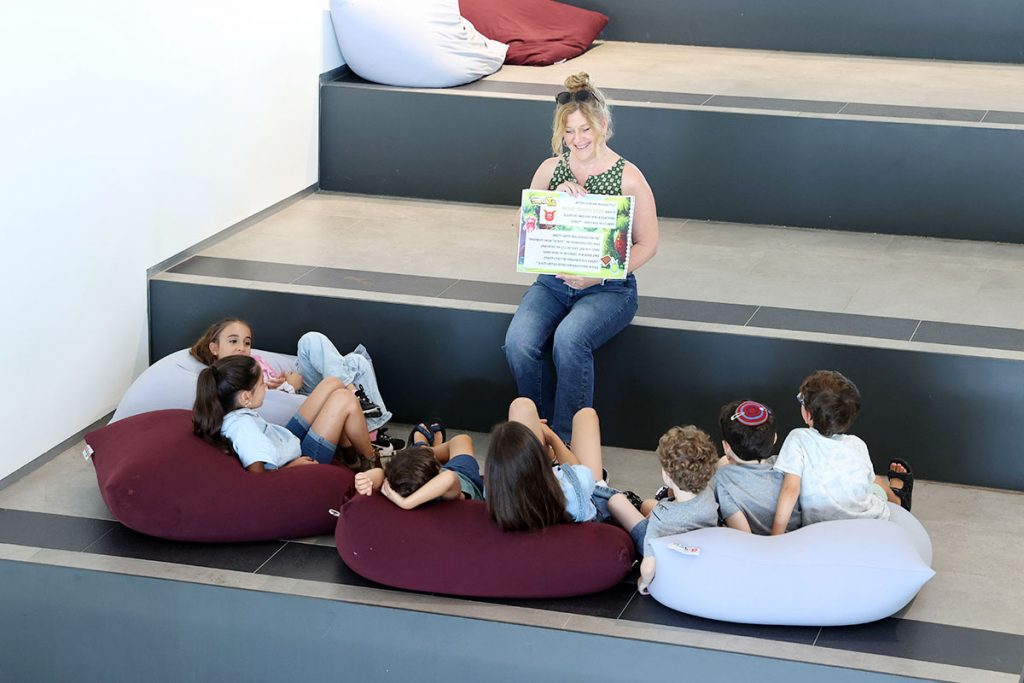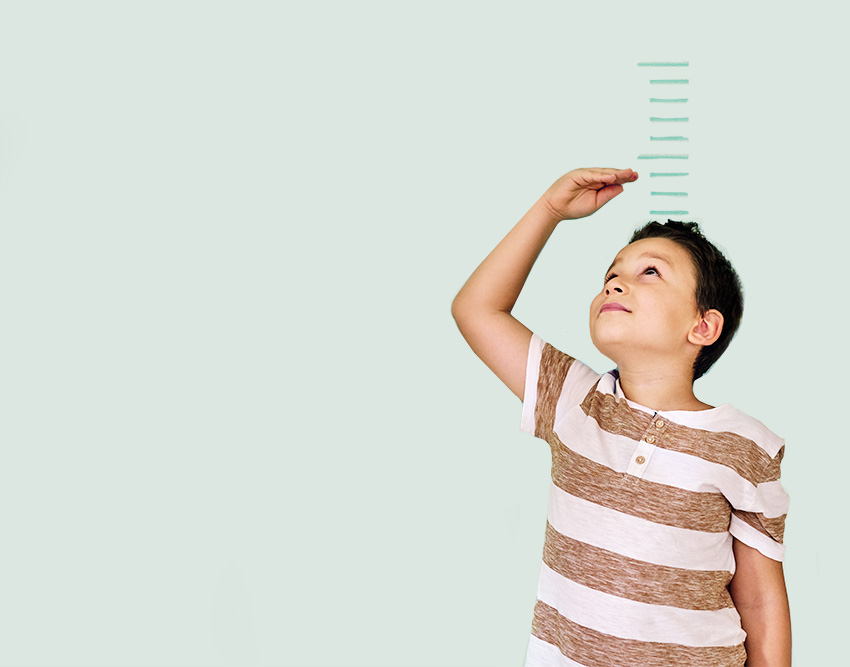
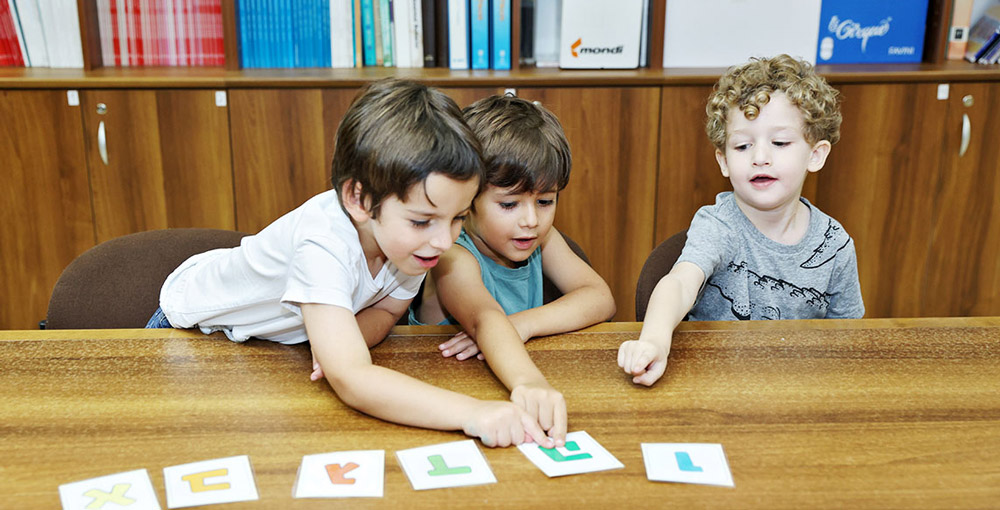
Each wave involved cognitive, linguistic, and emotional assessments. Our database is the nation’s largest and facilitates research into vital child development factors.
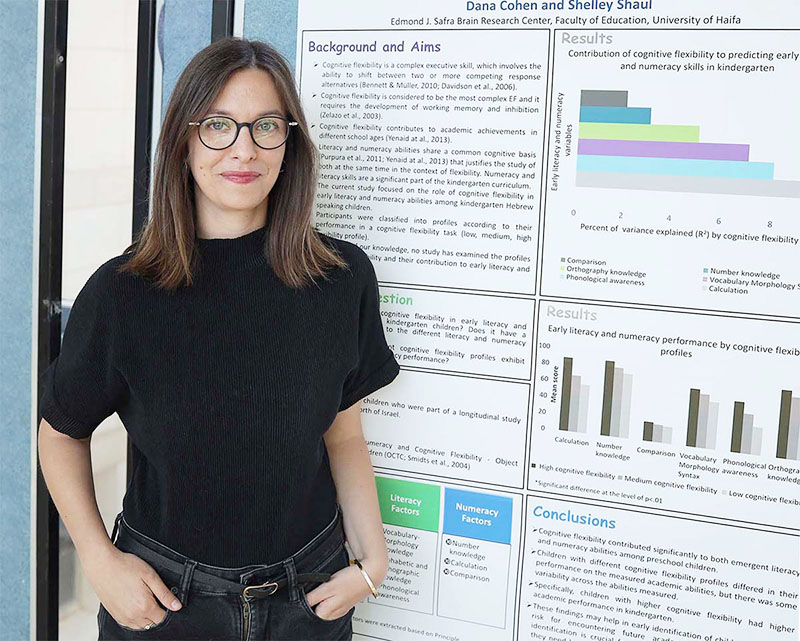
We have created computerized individualized assessments that enable us to provide both screening and in-depth evaluations for Hebrew- and Arabic-speaking children at risk for learning disabilities.
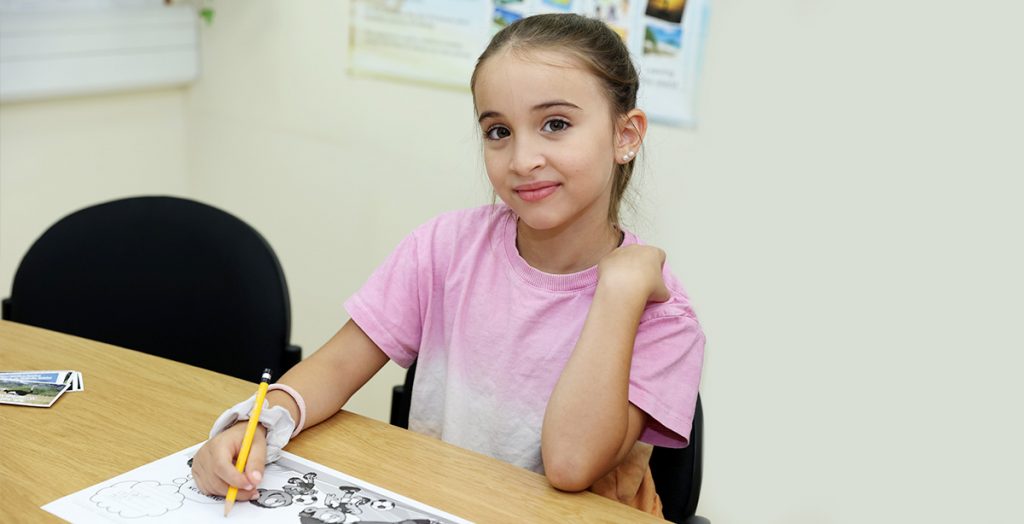
We believe in the contextual nature of child development and recognize that children are shaped by various factors, including their home environments, parental backgrounds, relationship with their teachers, and the curricula they encounter.
Throughout each data collection phase, both parents and teachers actively participated by completing questionnaires that encompassed assessments of the children’s home surroundings and school environments.

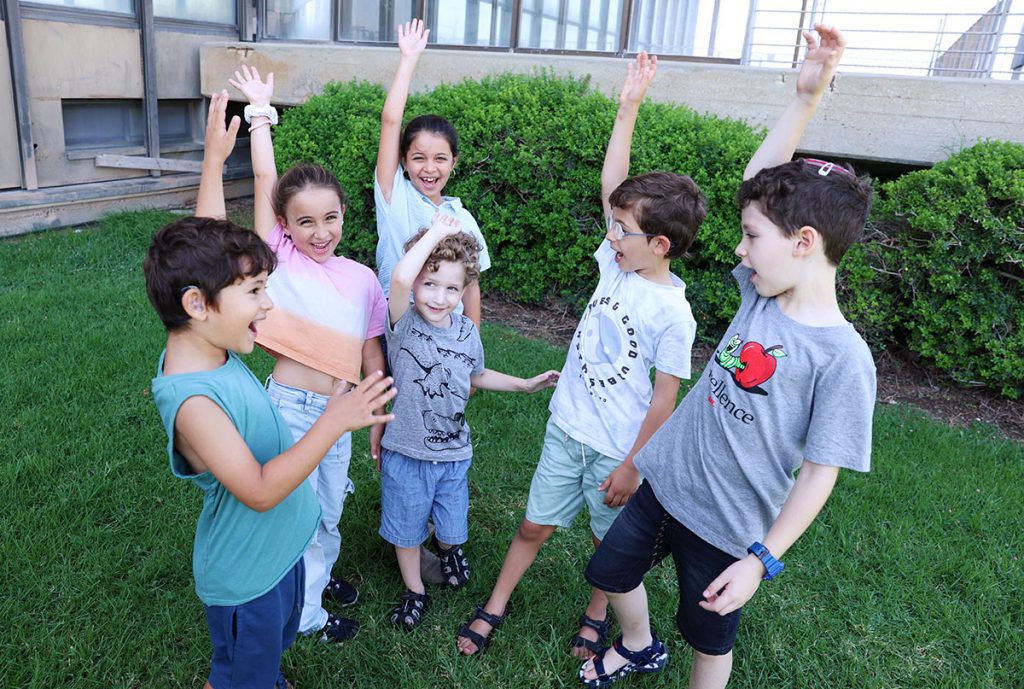
Our extensive sample included a large cohort of Hebrew- and Arabic-speaking children who underwent the holistic assessment. To address innovative research inquiries, a smaller subset of children participated in domain-specific studies that focused on on cognition, emotion, and perception.
The results of our longitudinal study substantially influence educational practices in Israel.
Using our findings, we have created assessment kits, intervention programs, and professional development initiatives.
